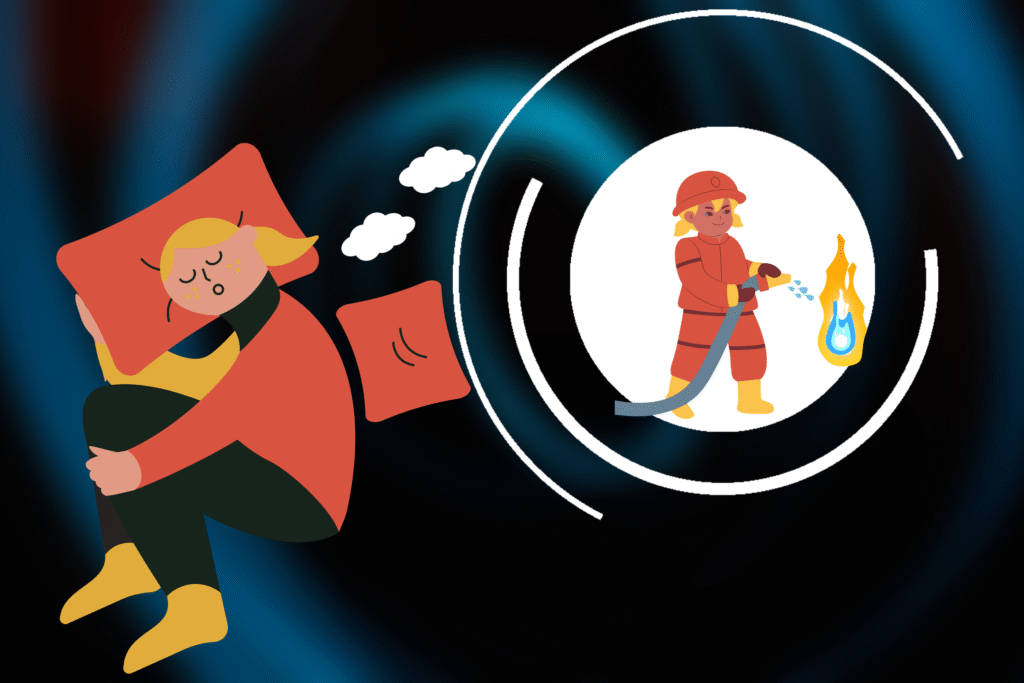
Feeling alone is something nearly everyone experiences at some point, but when that feeling becomes a persistent companion, it stops just being sad, it begins to affect your mind and body in real and measurable ways. Loneliness is more than being physically isolated. It is the subjective sense that the social connections you want or need are missing. In fact, a recent review described how the “perceived/subjective condition” of loneliness is distinct from mere social isolation and each has its own toll on health.
When someone stays in that lonely place for too long, a cascade of effects is triggered. According to research published in Nature Reviews Disease Primers, loneliness is linked with increased mortality and higher risk of cardiovascular, metabolic and neurological disorders. In more everyday terms, another review described how loneliness exerts medium to large effects on mental-health outcomes, and a much broader impact than many people assume. These are no longer just “feeling bad” moments since they represent measurable health risk.
How does this happen? It starts quietly when you sense you’re not seen, your relationships feel thin and unworthy, or you’re doing more alone than together. In response, your natural stress-regulation systems activate more often. You may begin to withdraw further or expect less from others, reinforcing the isolation. In fact, early foundational work on loneliness describes this as a “loneliness regulatory loop” which is a cognitive, behavioral and physiological cycle that perpetuates itself. Over time, you might sleep less well, feel more anxious, or find it harder to bounce back from setbacks. And the body responds whereby inflammation goes up, immune regulation changes, blood-pressure may creep up, recovery from illness slows.
However, there is a hopeful side of it because this is something that can be easily addressed. The first step is noticing that the loneliness you feel is not your fault but more of a signal. Like thirst or fatigue, it tells you something in your environment or habits is out of balance. Then, gently shift one or two things choosing one meaningful connection, or investing in an activity where you meet someone in a small-group or building a routine of even short and real social contacts. A key insight from global research is that loneliness is not confined to one age, culture or geography. It is a global public-health concern and a 2023 editorial noted that loneliness and social isolation are consistently associated with poorer health outcomes in many countries.
If you recognize this pattern in yourself, feeling more isolated than you’d like, noticing your mood or energy is dragging you, then treat the loneliness signal like you would any other health warning. Maybe schedule a short call with someone you have not spoken with in a while. Maybe join a small-group activity aligned with your interest. Maybe ask yourself if your online social time is replacing rather than complementing in-person or voice-based contact. Over months, small shifts add up.
Ultimately, you do not have to wait until things “get bad.” Since loneliness affects both mind and body, acting early is acting smart. By acknowledging the feeling of missing connection and choosing even one small step, you are protecting your resilience, your sense of belonging, and your overall well-being.


Hi there, I love this message.
Thank you, Peter.
Good blog, thank you sm